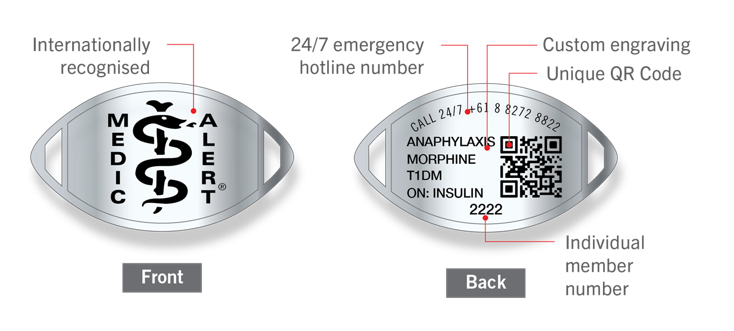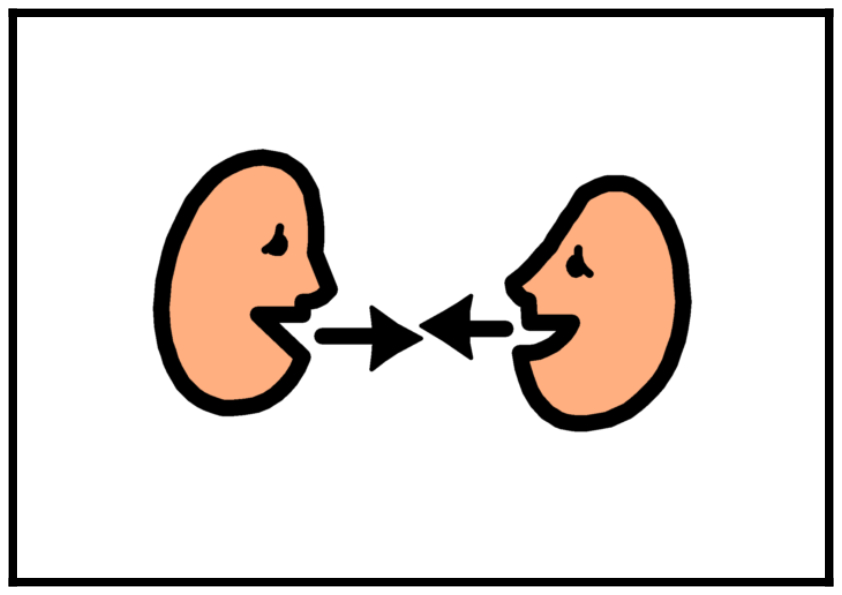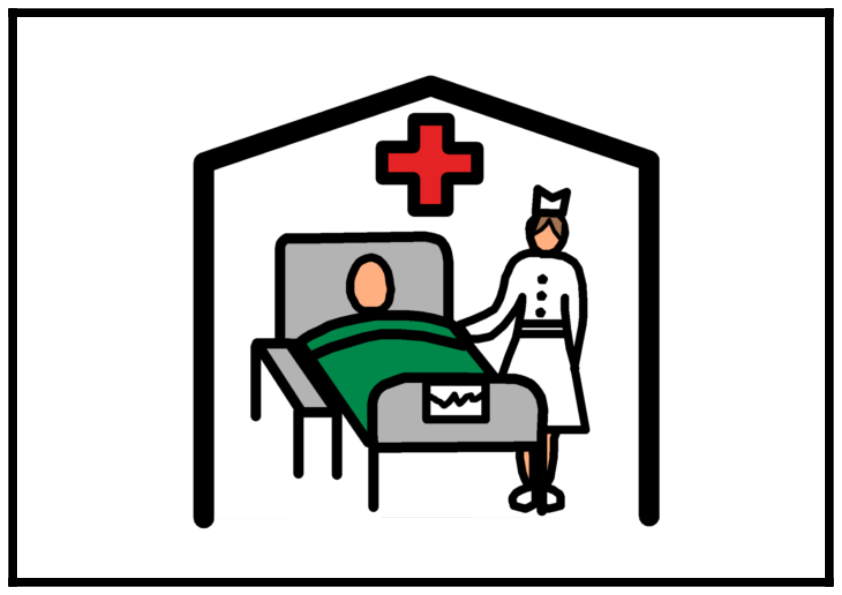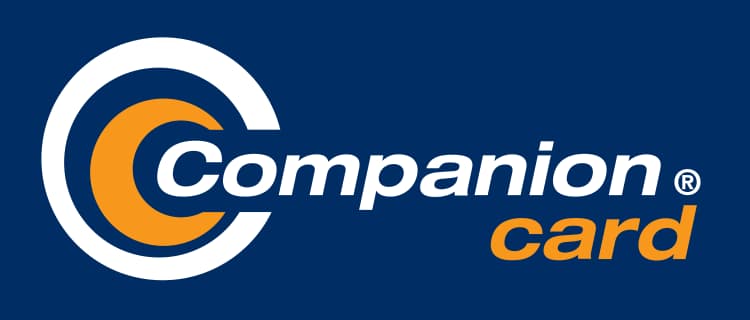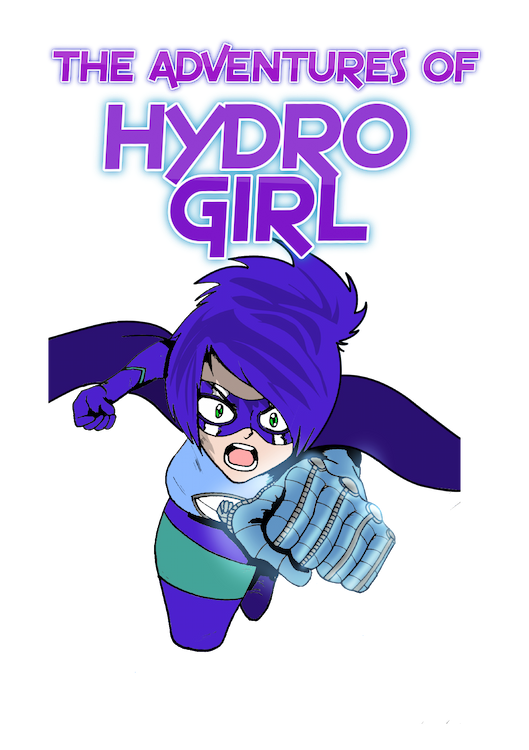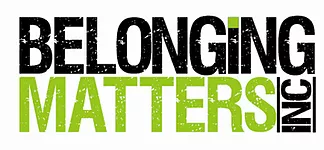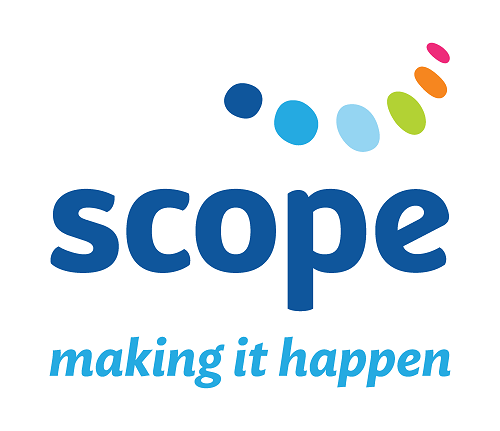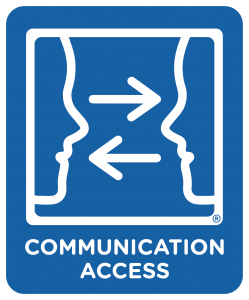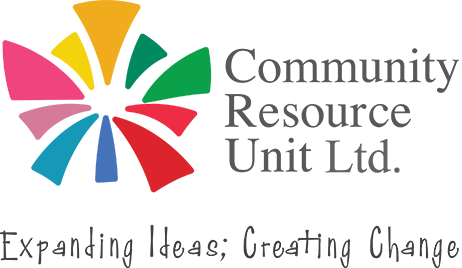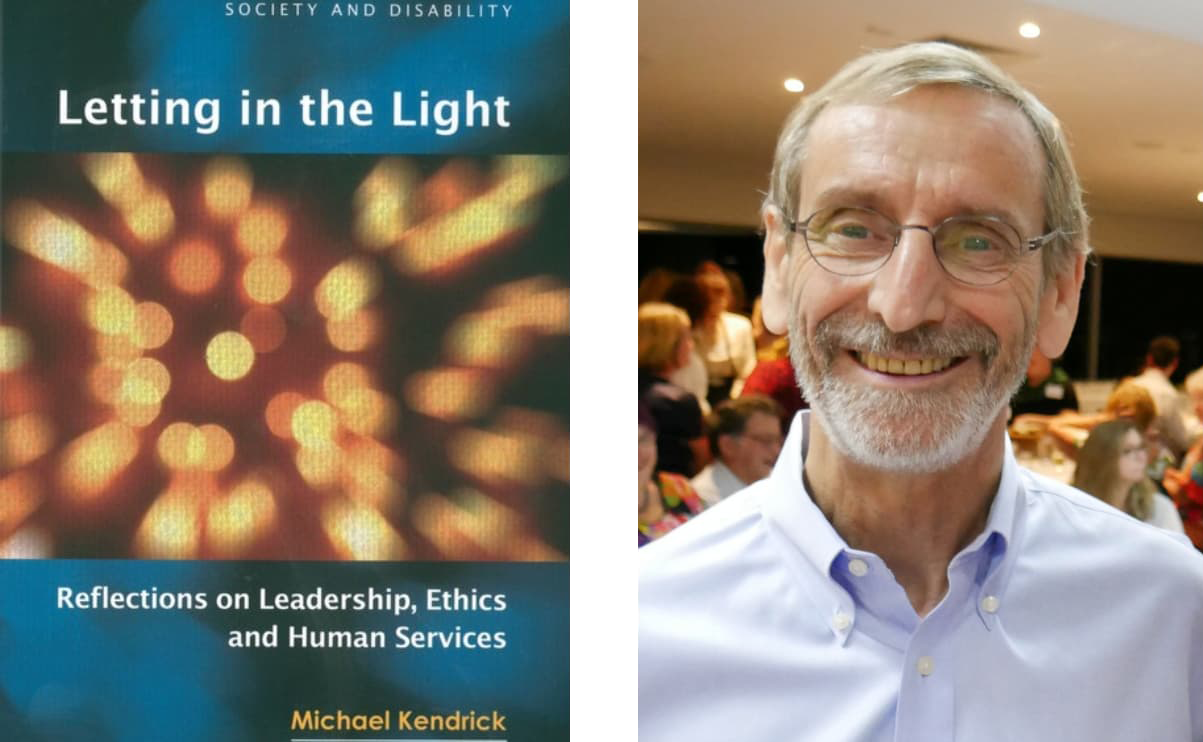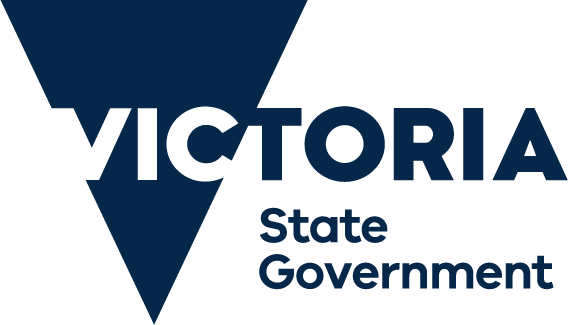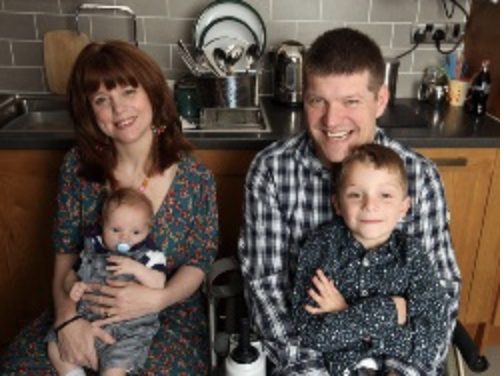On this page you will find links to some resources that families and individuals have told us have been useful to them at home and in different parts of their lives.
We have also included links to other sites which we think have good and important things to say that you may want to think about.
Health Responders having all of the information they need in an emergency can make a huge difference to how someone is looked after.
This new tool provides the opportunity for, if a family member or regular carer is not around, for detailed health and care information to be immediately available in medical emergencies. This can be covered by your NDIS Plan.
The company says they can, through a QR code, provide immediate access to essential health information that you have added into the system, such a family and doctors contacts, information about medical conditions, allergies, treatment plans such as for diabetes and epilepsy, meal time profiles, communication needs and tools, and other stuff that would be important for medical staff to know about to be able to treat someone, who may not be able to explain things for themselves.
For more information or assistance with the application process please visit medicalert.org.au or phone 1800 88 22 22 to contact our Member Services team (8:30am – 5:30pm AEST Monday to Friday).
Did you know that people who have an intellectual disability are entitled to a compressive Health Assessment, funded through Medicare, every year.
Supporting better health with annual health assessments
People with intellectual disability can get a health assessment once every year. The health assessment is supported by Medicare.
This health assessment is important. It can help the person with intellectual disability, their families and supporters, and doctors to better understand the person’s health. It also helps the person to access follow up services to identify and treat health issues.
If there are ongoing health concerns or chronic conditions, a health assessment can help make sure the person is getting the medication and care they need.
You can use a free evidence-based tool called the Comprehensive Health Assessment Program (CHAP) to support the annual health assessment. The CHAP promotes collaboration between the person with intellectual disability, their supporter or carer, and their family doctor or GP. It helps the doctor get the information they need for the assessment. There are free versions of the CHAP available for adults and young people aged 12 to 18 years.
There is strong evidence that these assessments are an effective way to identify unmet health needs in people with intellectual disability. Read about what we are doing to improve implementation of annual health assessments for people with intellectual disability.
Where to get an annual health assessment
People with intellectual disability should go to their usual doctor for their annual health assessment. Going to the same doctor or clinic each time will help health professionals to understand the person’s health needs.
It is recommend that you book a long appointment for the annual health assessment and asking the practice if a practice nurse will be available to support it.
Melbourne University have developed the Melbourne Pollen Web site and Apps. Basically what this site does is predict the pollen forecast for the next week in major cities and gives a rating of low to extreme allowing people to prepare more effectively with medication or avoidance.
Anyway if you or someone in your family has hay fever and aren’t aware of a warning site, have a look at https://www.melbournepollen.com.au/
There are lots of ways people use to communicate and tell others about who they are and what they need and want. Sometimes when people don’t know each other well, and a person can’t use words to tell others who they are or what they want a lot of important and very intentional communication gets missed.. and people get frustrated.
The Personal Communication Dictionary, attached is an example of just one way to record information about a person’s communication so that others don’t miss out on what they are saying. It’s always better when people are heard.
A lot of people we know have used PCD’s in their lives and have achieved good results and better relationships.
Download Here: Personal Communication Dictionary Sample
Often when people who we know who have disabilities need to go into hospital extra trauma and worry is caused for them, their families and medical staff by not having enough information available such as knowing specific details about foods, preferences, communication and so on.
The document included here was developed by the by Gloucestershire NHS Foundation Trust and provides you with a good way of recording important information in one place to give to the medical staff. The document is easy to complete and read and covers a whole lot of key areas that medical staff and others need to be aware of, including how medication is taken, the best way to communicate or have a meal, how people show pain and distress. nothing beats being there in person but for many people that is not always possible and having a document like this can make things easier.
Please note that while you can fill in this form on line you won’t be able to actually save it so be sure to print a copy once you have finished recording the details
Download Here communication Passport
Pictorial Menus for Cooking at Home
The following two files are fantastic step by step photographic recipes books that can be used by and with people who cannot follow written recipes
- Visual cookbook Deakin Part 1 – Developed by Deakin University
- Visual cookbook Deakin Part 2 – Developed by Deakin University
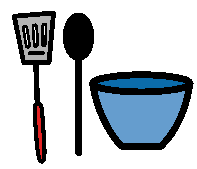
The Companion Card is issued to people with a significant, permanent disability, who can demonstrate that they are unable to access most community activities and venues without attendant care support. The card can be presented when booking or purchasing a ticket at events and venues, provided the cardholder requires attendant care support in order to participate at that particular activity. Participating organisations will issue the cardholder with a second ticket for their companion at no charge.
The Companion Card can be used on all Victorian public transport services. Cardholders can have their companions travel without charge, on all train and tram services, and all metropolitan bus services, country trains, coach and town bus services. You must have the companion card with you when you do this.
To see more details go to http://www.companioncard.gov.au/
Singer/Songwriter and Co-Writer/Color Artist for The Adventures of Hydro Girl, Sarah Renehan was born with Hydrocephalus (fluid on the brain); she had her first brain surgery at four weeks old. In 2011, after spending a lengthy time hospitalized, and enduring another four brain surgeries, Sarah founded The Brain Drain Project, a website that provides support and raises funds for those living with Hydrocephalus. Through many website interactions, it became clear to Sarah that a lot of people with the condition, young and old, had been victims of bullying. These experiences encouraged Sarah, in collaboration with her brother John, to introduce the world to Hydro Girl, a symbol of hope and inspiration, created to let it be known that being different is not something to be ashamed of–it’s something about which to be proud. The Adventures of Hydro Girl features Sam, a young girl with Hydrocephalus, which has somehow (as we find out later in the story) given her superpowers. It is up to Sam and her team to fight the villainous Mad Migraine before he destroys Blue Lake City.
(All proceeds of the comic go towards supporting people with hydrocephalus.)
For many people we know telling people how they feel when they are sick can be pretty difficult as they may not have the words or signs to explain this to others. But there are many ways that people can use to tell others things about themselves and how they are feeling.
This simple pictorial chart has been used by some people we know, who are familiar with using pictures to communicate, to let people know how they are feeling.
Download Here: Telling people I am sick
There are lots of ways people use to communicate and tell others about who they are and what they need and want. Sometimes when people don’t know each other well, and a person can’t use words to tell others who they are or what they want a lot of important and very intentional communication gets missed.. and people get frustrated.
The Personal Communication Dictionary, attached is an example of just one way to record information about a person’s communication so that others don’t miss out on what they are saying. It’s always better when people are heard.
A lot of people we know have used PCD’s in their lives and have achieved good results and better relationships.
Download Here: Personal Communication Dictionary Sample
Getting a Life was established in 2005 by the mothers of Jackson – Sally Richards, Ben – Cheryl Pattrick and Daniel – Karen Connaughton. This family governed group has been committed to building individual lives of contribution and relationships for these young men. They have good lives now and bright futures of unlimited possibility, involvement and independence. They are three young men who have plans, goals and hobbies. Between them they dance, paint, surf, camp, volunteer, swim, water ski, bushwalk, work in hospitality and in an office, work at a hospital, work as a courier and have family and friends who love and respect them. They also happen to each have a disability.
The Getting a Life Intentional Community is a 25-residence housing and community building project that is structured around the lives of Daniel, Ben and Jackson. Three houses are set aside, one for each of Daniel, Ben and Jackson. The remaining 22 units will be allocated to existing Housing ACT tenants who apply through Gateway Services at Housing ACT.
Belonging Matters, previously, Personalised Lifestyle Assistance, is a small community based advisory service that builds capacity and knowledge predominantly in people with a disability and their families to enable them to have opportunities typical of other citizens in the community. It is people/family friendly and value driven.
When we talk about people we know who have moved towards more fulfilled lifestyles in this transformation, some people assume
A foundation stone of Milparinkas work is supporting individuals to be abe to communicate with others more effectively so that they are able to relate, influence and impact on the people and environments around them. The communication Resource Centre is a valuable resource based in Victoria and provides information, advice, resources and services relating to the many different aspects of communication disabilities. Services and supports provided aim to build community awareness and support community participation. They collaborate with a wide range of groups and individuals to provide:
Accessible Information – We develop plain and Easy English information. We also provide training. View our Training Calendar for dates.
Education & Training – We can tailor education/training to meet the needs of individuals or organisations. View our Training Calendar for dates.
Non-electronic communication aids – These are available for adults through the Non Electronic Communication Aids Scheme (NECAS).
Regional Communication Services – Support individuals to communicate effectively and participate in their own communities.
Resources – A range of resources such as Assessments and publications.
CRU exists to support the development of leadership and authentic change which enhances the possibilities for people with disabilities to belong to and participate in community life.
It aims to challenge ideas and practices which limit the lives of people with disabilities and inspire and encourage individuals and organisations to pursue better lives for people with disabilities.
Family Advocacy is an independent, disability advocacy organisation which works across New South Wales, Australia. The organisation works with families in which there is a child or an adult with developmental disability. Their Vision is of families being agents of positive social change so the inherent value of people with developmental disability is recognised within a just and inclusive society. Their focus is to encourage and support families to speak up for opportunities for people with developmental disability to enjoy the same environment, lifestyle and living conditions that are available to the majority of Australians. This means we support the philosophy and practice of inclusion.
Family Advocacy has members and allies in all parts of NSW and across Australia.
Michael Kendrick has worked closely with families and staff at Milparinka in thinking about assisting people to live more personalised lifestyles.
Kendrick Consulting is a very small specialized international consulting firm principally focused on leadership and emerging developments in the fields of disability, mental health and aging. It undertakes work with governments, non-government organizations and many grass roots initiatives devoted to the needs, issues and rights of disadvantaged people. Its consequent focus is on innovation, quality, change, leadership and other technical aspects of creating sound solutions of a very advanced calibre. It has associates on a worldwide basis available for a wide variety of challenges.
The Victorian Government Carer Card is a free discount and benefits card available to unpaid primary carers in Victoria.
Carers include people like foster, kinship and primary carers. They can be a carer of a person with a disability, a severe or chronic medical condition, a mental illness, or someone who is frail, aged or in need of palliative care.
DSC is a group of consultants who specialises in everything NDIS. One of the things they do is share conversations they have , in podcasts, with interesting and passionate people in the field of disability.
Join Roland and Evie Naufal as they have the kind of conversations that come about when passionate people aren’t afraid to speak their mind.
Do yourself a favour and watch this inspiring British documentary about a couple, both with cerebral palsy, as they prepare and care for their second child.
